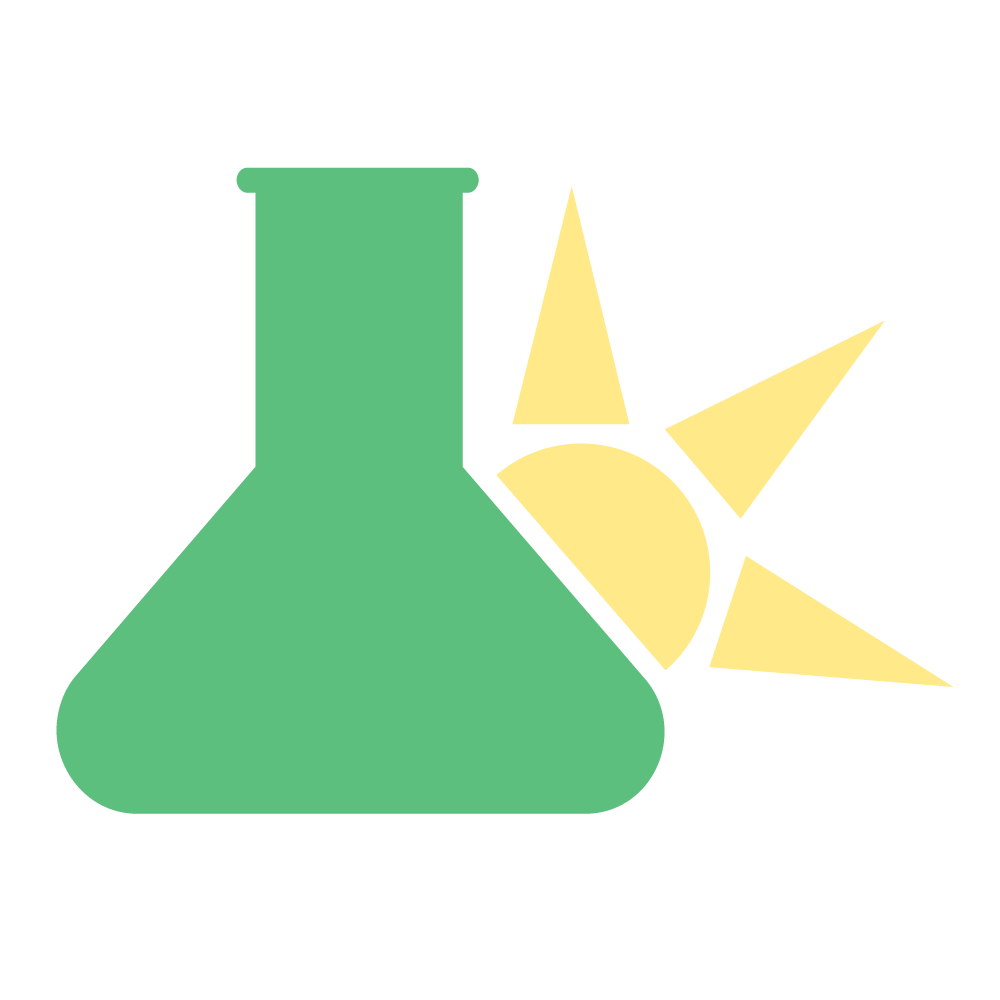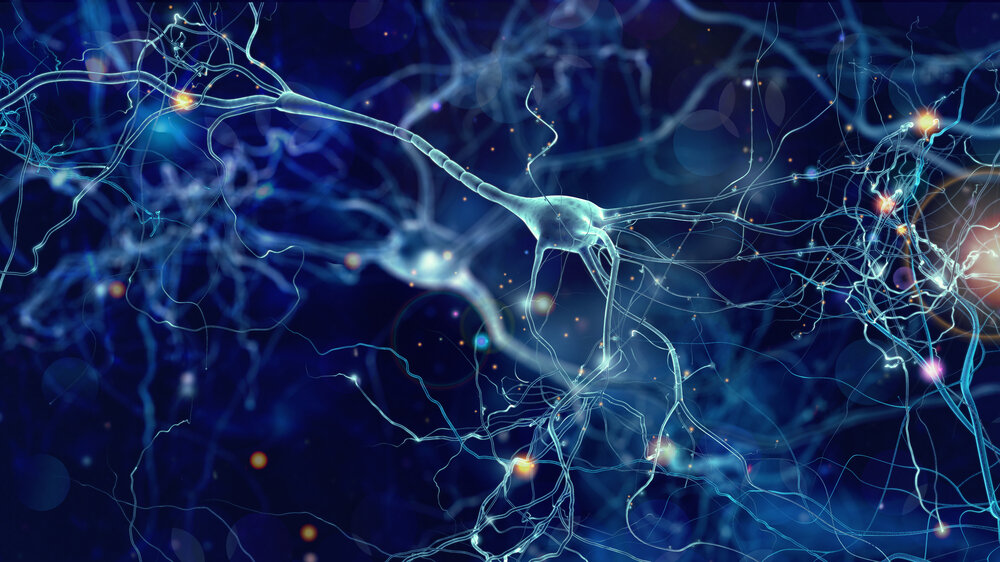Caffeine Doesn't Make You Smarter
We all love caffeine.
Whether it's coffee, tea, yerba maté, guarana, kola nut, or pure caffeine, this molecule is loved by all.
Many of us use caffeine in the mornings to help us wake up... at school to keep us awake... and throughout the day when we meet friends and family.
Caffeine has always been associated with social meetups, intellectual conversations, and as a driver for the work force.
At MIT, it's reported that the coffee is not allowed to stop flowing as long as people are in the cafes or lunchrooms.
This is because many of the best ideas to ever come out of the institution (and likely others) originated from a conversation over a cup of coffee or tea.
MIT weren’t the first.
In Cairo, the place where coffee culture really developed into the cafes we know today, coffee shops were a place for men to have intellectual conversations.
Yes, only men...
In those days it was illegal for a woman to step into a coffee shop. (Perhaps these conversations weren't so intellectual after all).
Over the years, people have begun to incorporate caffeine into their nootropic stacks. They believed it could boost their cognitive performance and make them smarter. This is not entirely true and I'll tell you why...
How Does Caffeine Work?
Caffeine works off the adenosine system.
Adenosine is a molecule associated with sleep. It slows the firing of our neurons and dilates our blood vessels.
Our neurons work by firing fast impulses from areas of the brain to the rest of the body.
In a normal, alert individual these firings are happening very quickly and we’re able to process information almost immediately.
As the day progresses adenosine levels rise. When this adenosine reaches our neurons they attach to a receptor and act as a sort of "delay" on the neuron.
Thus overall, the messages fired by the neurons are all slowed down.
It is this slowing of the neurons that causes us to feel sleepy and the vasodilation that allows oxygenated blood to flow further into our capillaries while we aren't moving.
Caffeine then comes along, and binds to these adenosine receptors, blocking it from working. The sleepy side effects are prevented, and our nerves continue to fire at the normal rate.
This leaves us feeling alert and awake.
There is nothing about this process that leads us to believe that caffeine causes us to become smarter.
This idea was investigated during a study done in 2012 investigating how caffeine affects the test scores of participants. The results showed no improvements in intelligence, but did show an improvement in motor reflexes.
Caffeine can't make you smarter, but it appears to be able to make you faster!
In terms of caffeine's ability to keep us awake and delay the effects of sleepiness, some people argue that this could make us FEEL smarter...
When we become sleepy, our neurons slow, and we aren't as sharp to answer the questions at hand, others, however, notice that this is only true when we're tired, and of course upon sleeping these effects are reset. It has nothing to do with our normal healthy cognitive behaviour.
The likely story is that if in a decayed state of cognitive performance, such as fatigue, exhaustion, or sleepiness, caffeine can help to restore NORMAL cognitive functioning for a short period of time.
What Can It Do For You?
Considering what caffeine does do for you highlights a few of its uses.
The ability to delay sleepiness makes it a great tool for late-night study or work sessions, staying alert during long hours of driving.
The improvements on motor functions make caffeine perfect for those looking to boost their reaction times, and during exercise.
You can find it in pure form to be added to your supplement stacks, in the form of coffee, tea, yerba maté, guarana, and kola nut.
The Stimulant Nap
Many people are starting to get on the trend of stimulant naps.
The general idea is that since caffeine takes about 20-40 minutes to take effect, and a power nap is ideally suited for about this long, they can be combined together very well.
Coffee or another source of caffeine is taken directly before a nap. Upon waking up, the body will feel the boost from the nap, as well as the kick from the caffeine.
They can then go on through the day with a bit of a "turbo charge" on their productivity and energy levels.
Recent Blog Posts
References
Rogers, P. J., Heatherley, S. V., Mullings, E. L., & Smith, J. E. (2012). Faster but not smarter: effects of caffeine and caffeine withdrawal on alertness and performance.
T.J. Hawke, D.G. Allen. M.I. Lindinger. (2000). Paraxanthine, a caffeine metabolite, dose dependently increases [Ca2+]i in skeletal muscle. Journal of Applied Physiology. Vol 89. 2312-2317.
Coffee Monograph. The Sunlight Experiment. (2016).






As COVID-19 continues to spread around the world, we’re getting a lot of questions on what the potential role of herbal medicine is during the outbreak. Learn how the virus works and how to limit your chances of transmission.